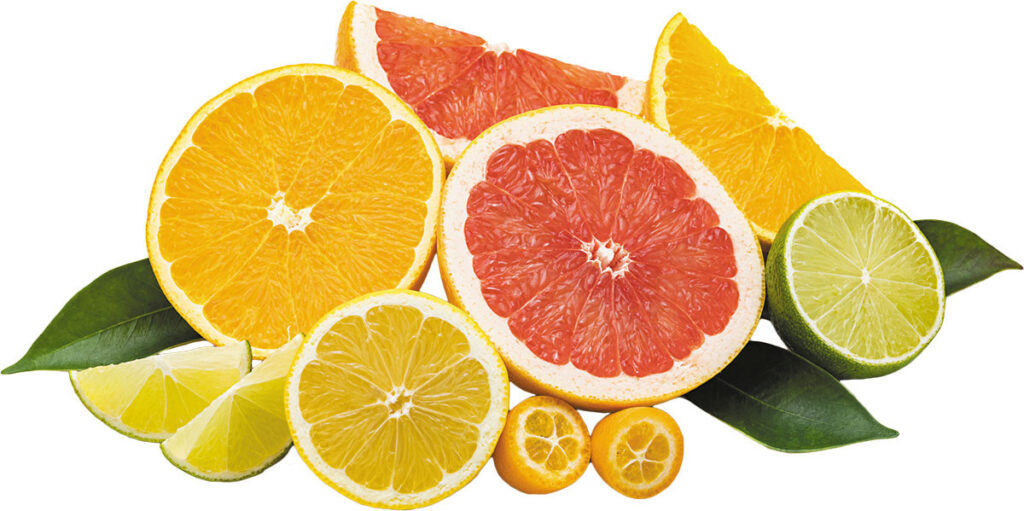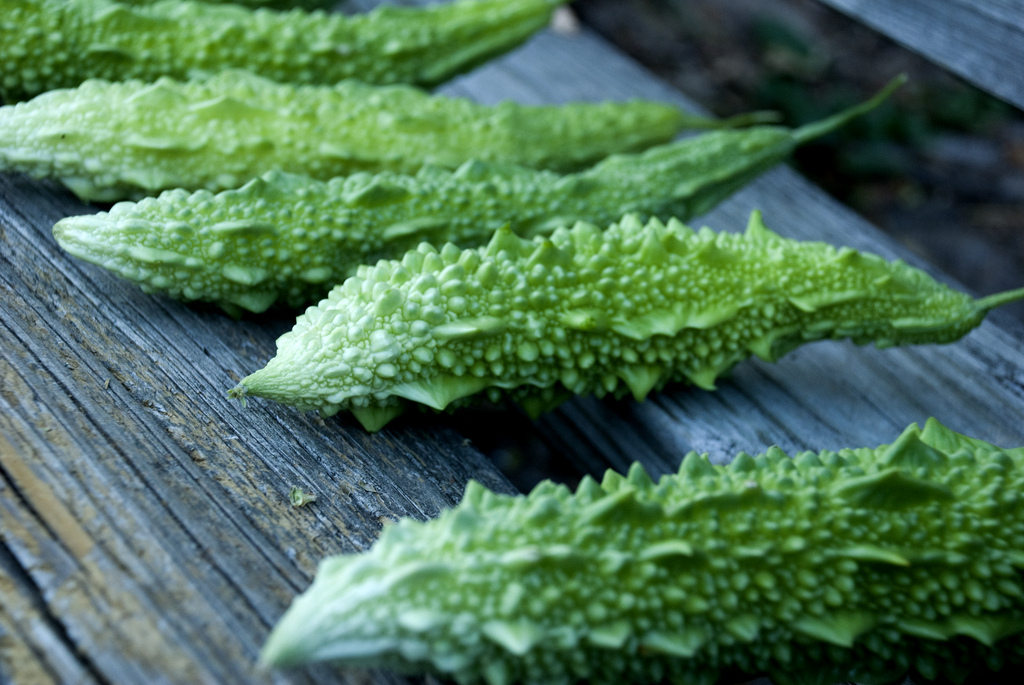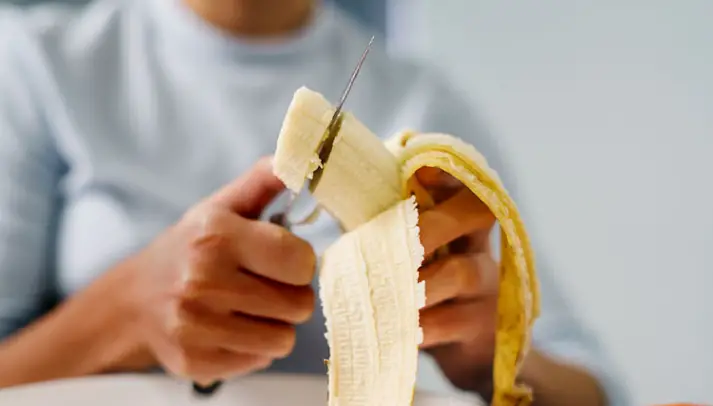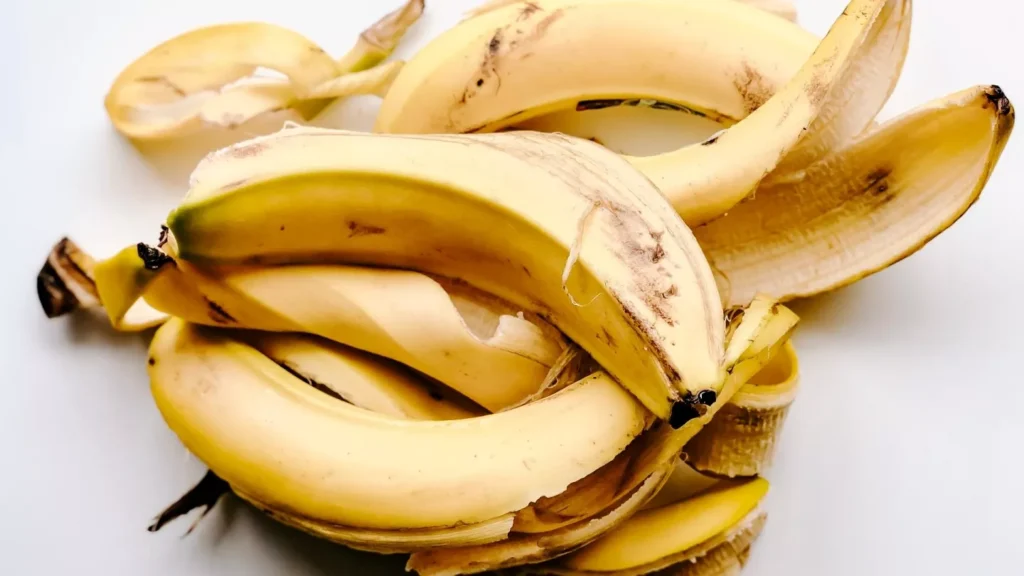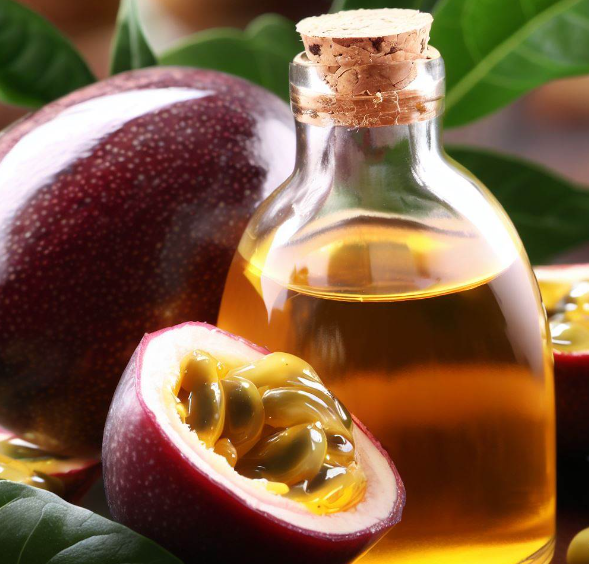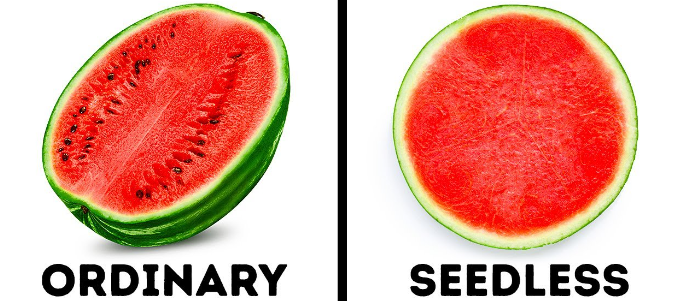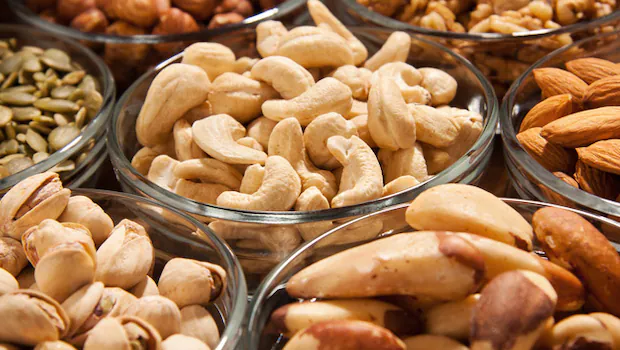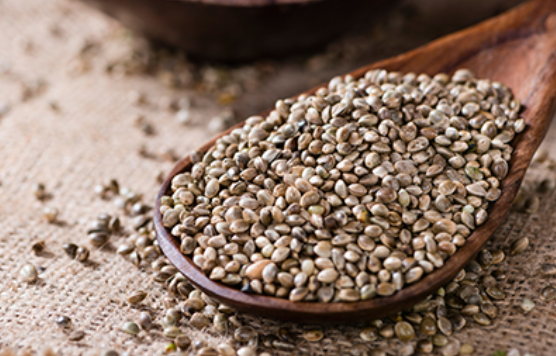Diverticulitis occurs when small pouches in your colon called diverticula become inflamed. This can cause belly pain, bathroom troubles, and fever among other issues.
People with this condition often avoid foods like nuts, seeds, and kernels because they might get stuck in the diverticula and make things worse. But what about citrus fruits such as oranges? Do they affect diverticulitis in a good or bad way?
Table of Contents
- The Benefits of Oranges for Diverticulitis
- How Oranges Help With Diverticulitis
- 1. Lots of Fiber
- 2. Anti-Inflammatory Goodness
- 3. Plenty of Water
- 4. Plant Compounds That Help
- Tips to Enjoy Oranges When You Have Diverticulitis
- Combining Oranges with Probiotics
- Make a Tasty Citrus Smoothie
- Final Thoughts: Introduce Oranges Carefully
The Benefits of Oranges for Diverticulitis
Yes, oranges can be good for those with diverticulitis. They have vitamin C to fight inflammation, fiber for digestion, and water for hydration. But it’s best to eat the whole fruit, not just drink the juice, and only in small amounts.
How Oranges Help With Diverticulitis
Citrus fruits like oranges have great stuff in them that can help with diverticulitis and keep your colon healthy.
Here’s how oranges can be helpful:
1. Lots of Fiber
One orange has about 12-15% of your daily need for fiber, which can help your food move through your intestines better. This can lower the pressure in your colon that comes with diverticulitis. Oranges contain two types of fiber: the kind that adds bulk to your poop and the kind that softens it, which makes going to the bathroom easier.
2. Anti-Inflammatory Goodness
Oranges are rich in stuff like vitamin C and other antioxidants that battle inflammation. These antioxidants fight off harmful molecules that can cause inflammation, helping to keep your colon calm.
3. Plenty of Water
With about 87% of their weight being water, oranges help you stay hydrated. Hydration is key for keeping things moving in your colon, which is really important when you have diverticulitis.
4. Plant Compounds That Help
Oranges have special substances like hesperidin and naringin. These can fight off germs, lessen pain, and relax the muscles in your gut, which can ease symptoms like belly cramps.
Tips to Enjoy Oranges When You Have Diverticulitis
If you’re thinking about adding oranges to your diet but you’re not sure how your body will react, here are some tips:
- Go slow – Try a few pieces of oranges or a little juice and see how you feel for a few days before eating more.
- Watch your fiber – If oranges make you run to the bathroom or give you cramps, you might need to eat less of other fibery foods when you have oranges.
- Skin off – The white part under the orange skin might not agree with some people, so it’s better to peel your orange completely.
- Pick the flesh – Most people find that eating the inside of oranges or having fresh orange juice is easier than eating the skin or white part.
- Water it down – If you like orange juice, try diluting it with water to lessen the chance of upsetting your stomach.
- Keep it small – To start, have no more than a little orange or a small glass of juice each day to see how it goes.
- Try cooking them – Cooked orange pieces might be easier on your stomach.
Although oranges can be great for your diet, not everyone should eat plenty of them. If you have a sensitive stomach, you might get bothered by them. Always listen to your body and see how you feel after eating oranges.
If you’re trying oranges for the first time or you’re worried about how they might affect your diverticulitis, start with just a little and increase slowly. This careful approach will let you see how your body handles it.
Combining Oranges with Probiotics
Eating foods with good bacteria, like yogurt, kefir, or fermented veggies, with oranges can make them even better for your digestion.
Probiotics and fiber from oranges can make you go to the bathroom more regularly, lower colon inflammation, and keep a healthy balance of bacteria in your gut. This combo can boost the helpful bacteria in your gut.
Make a Tasty Citrus Smoothie
For a delicious treat that’s kind to your gut, try making a citrus smoothie. It mixes oranges, probiotic yogurt, and a splash of honey.
What you need:
- 2 medium oranges, without peel and seeds
- 1 cup unsweetened yogurt
- 1 tablespoon honey
- Ice cubes (if you want)
How to make it:
- Put the oranges, yogurt, and honey in a blender.
- Blend until it’s smooth.
- Add ice if you like and blend again.
- Pour it into a glass and enjoy!
Final Thoughts: Introduce Oranges Carefully
Oranges offer valuable nutrients like vitamin C and fiber and can help with diverticulitis. But because they’re so fibery and have acid and sugars, they might upset some people’s stomachs. Just start with a small piece or a bit of juice, see how your body reacts, and talk with your doctor.
By trying a little at a time, many folks with diverticulitis can enjoy oranges without any problems. Find the best way to eat them for you and pay attention to how your body feels. Your healthcare team can also help you figure out if oranges are a good fit for you.
